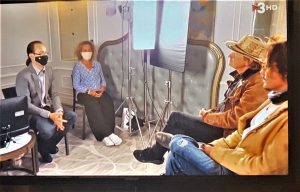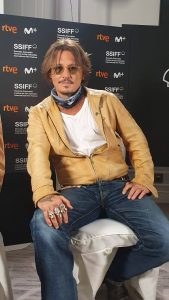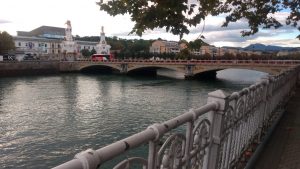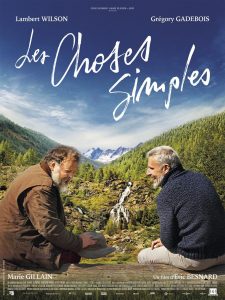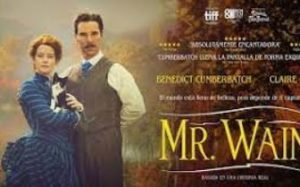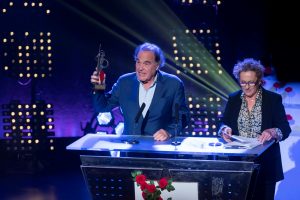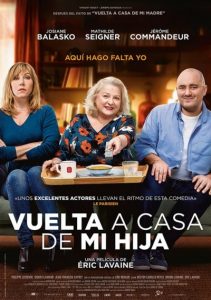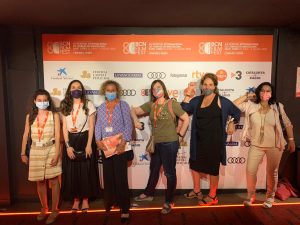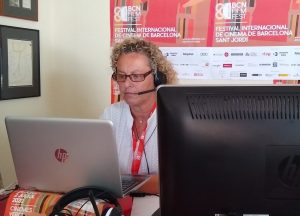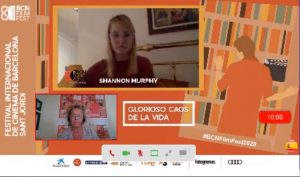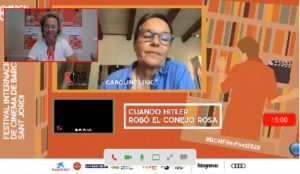Johnny Depp has presented this weekend in San Sebastian, in the framework of the Festival, the film ‘Crock of Gold’, a film in which as a producer he narrates the life of his friend, composer and Irish poet Shane MacGowan, under the direction of Julien Temple.
Depp’s intention with this documentary is that the public will definitely know who Shane MacGowan is and what his legacy is.
The actor referred to his Irish friend “as one of the greatest poets of any period in history and a special person”. Depp praised his partner during the press conference: “I’m lucky to know that kind of greatness, I fell in love with him from the very first moment. He is not interested in beeing a celebrity. He is irreverent, stubborn, biting and funny” he added.
Depp is in the film itself with MacGowan, first drinking with him and then playing the guitar at the tribute concert he and celebrities like Bono, Nick Cave and Bobby Gillespie gave him. The director Julien Temple, who has directed the documentaries of the Sex Pistols, The Rolling Stones and Marvin Gaye, explains that he was interested in guiding this production “so that the children know and understand what has happened between Ireland and the United Kingdom”.
On the other hand, Florian Zeller, a brilliant novelist and dramaturg whose work has been translated into several languages, has presented “The Father”, an adaptation to the big screen with which he makes his debut as a director.
The Father’ tells the story of Anthony (Anthony Hopkins), a man of almost 80 years of age who lives alone in his London flat and who refuses every nurse that his daughter, Anne (Olivia Colman), hires to help him at home. Anne is desperate because she can no longer visit him on a daily basis and feels that her father’s mind is beginning to fail and she is becoming more and more disconnected from reality. As the plot progresses, however, Anne’s father will begin to doubt his loved ones, his own mind.
